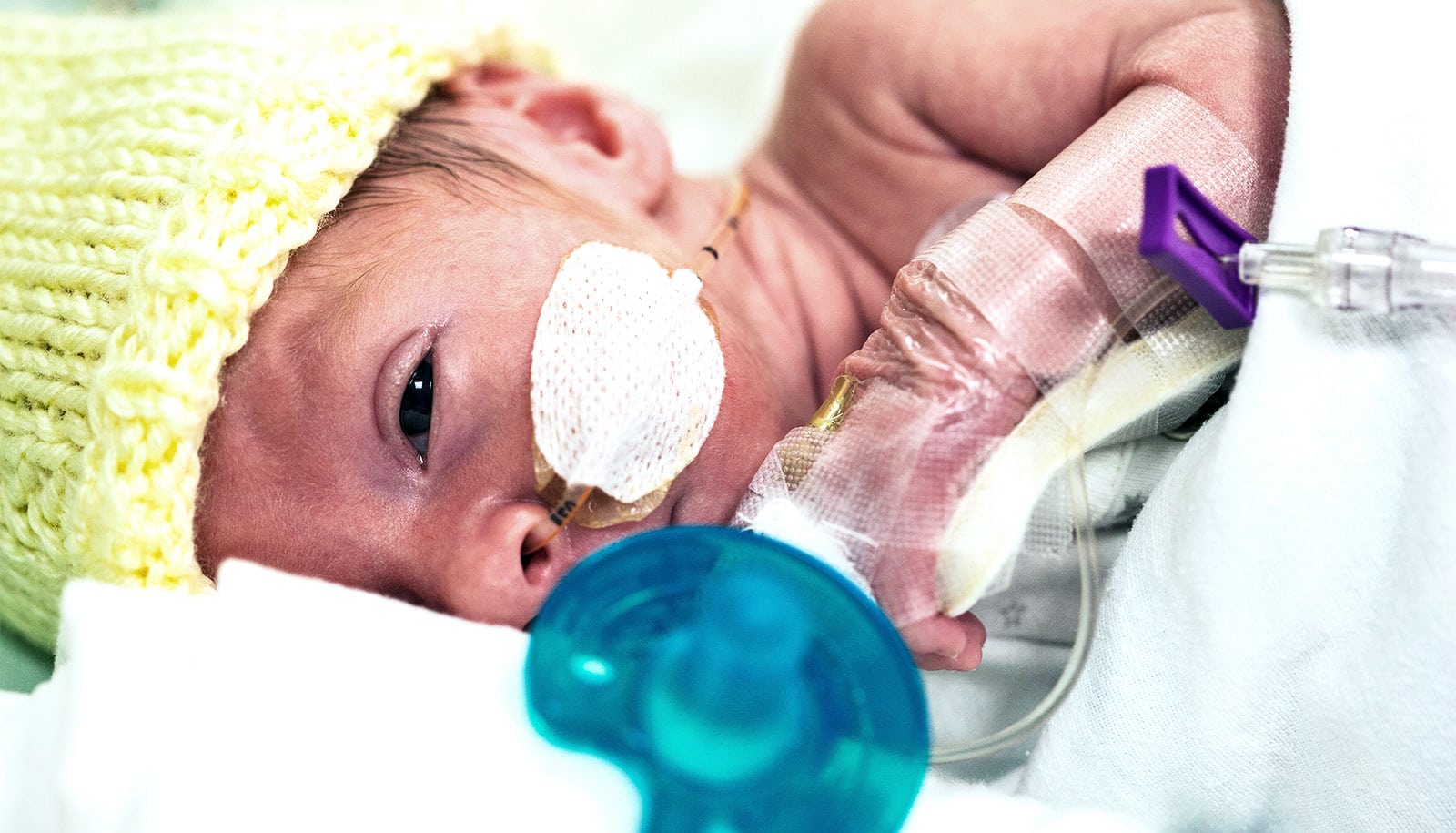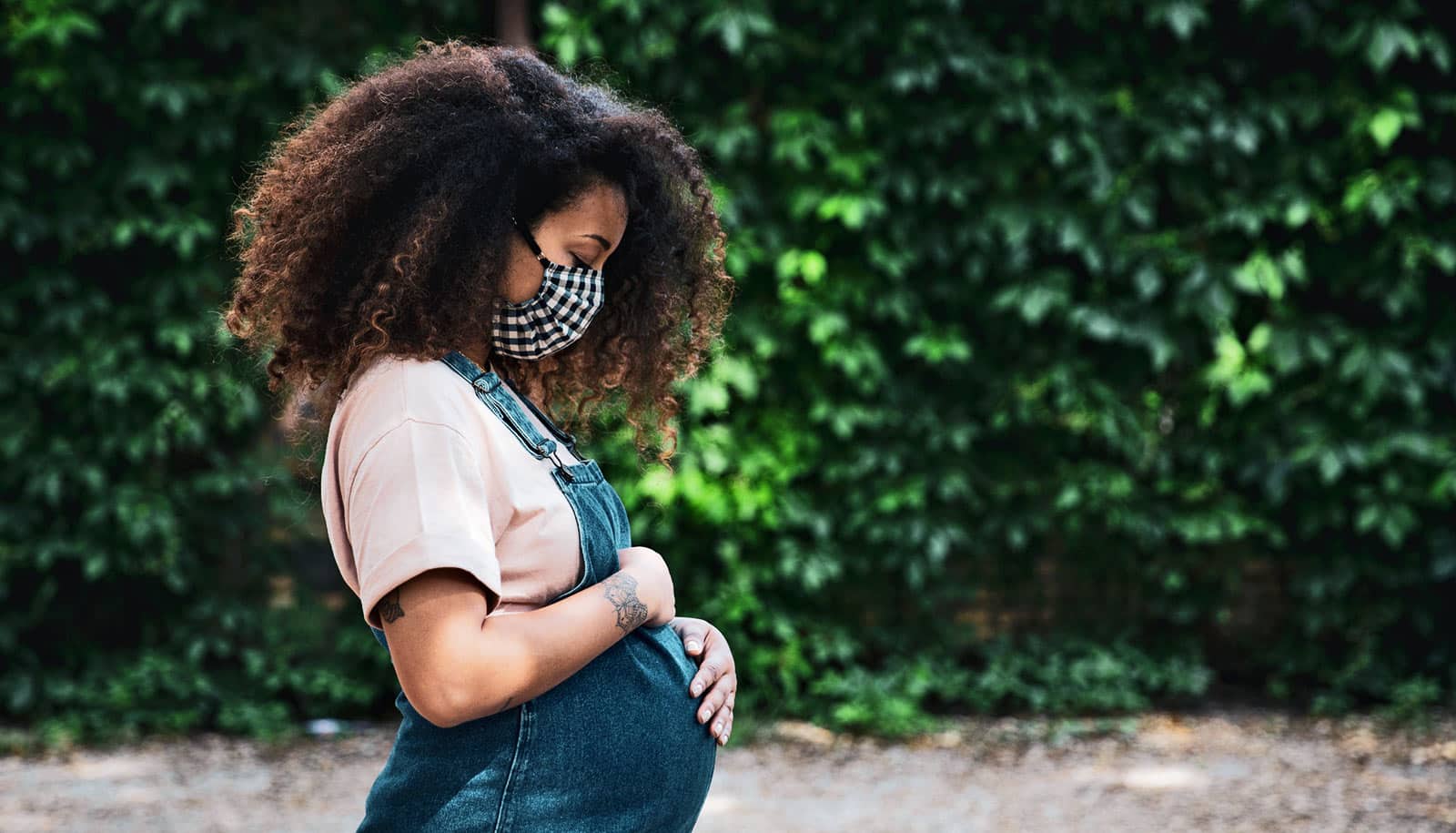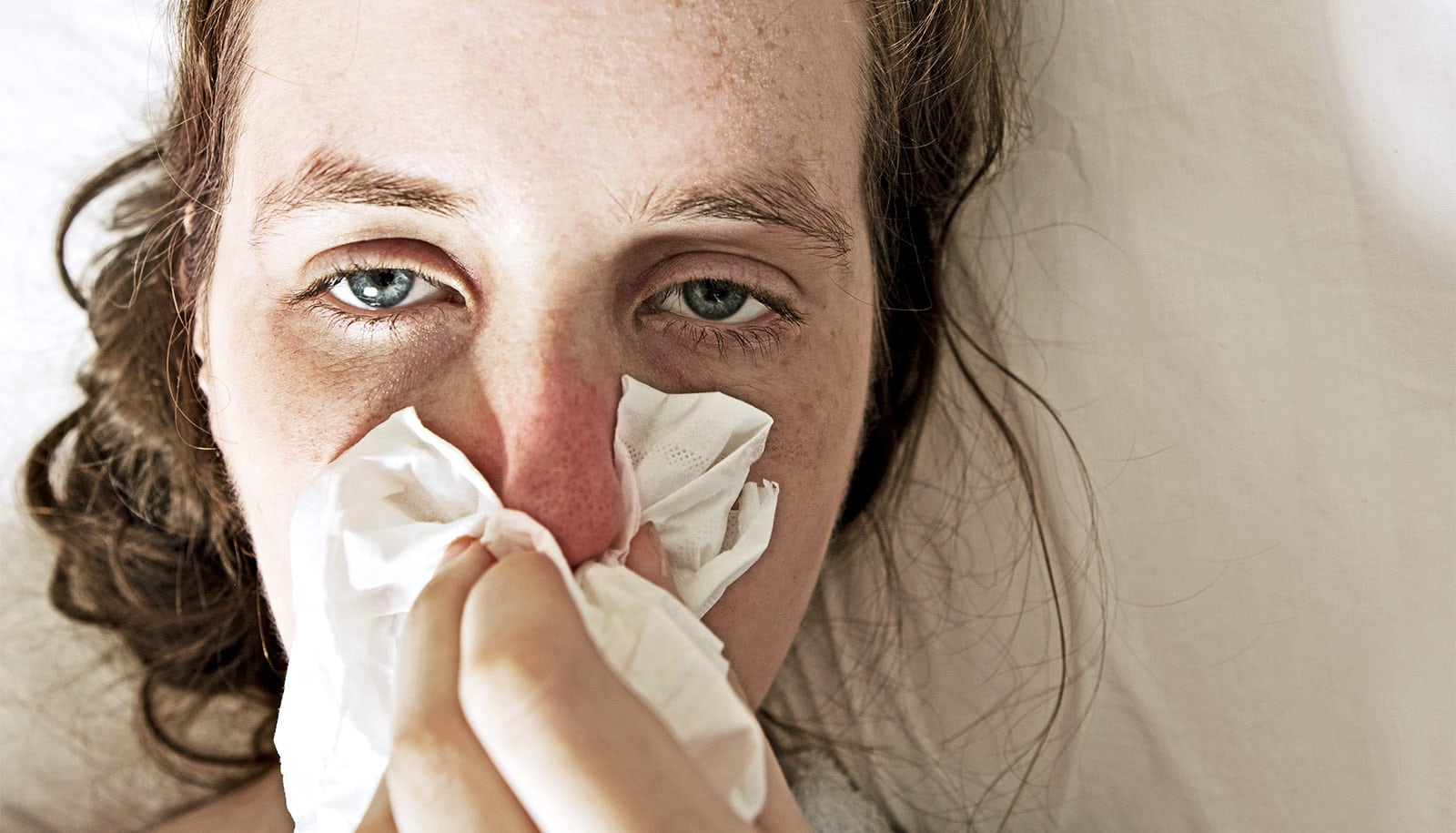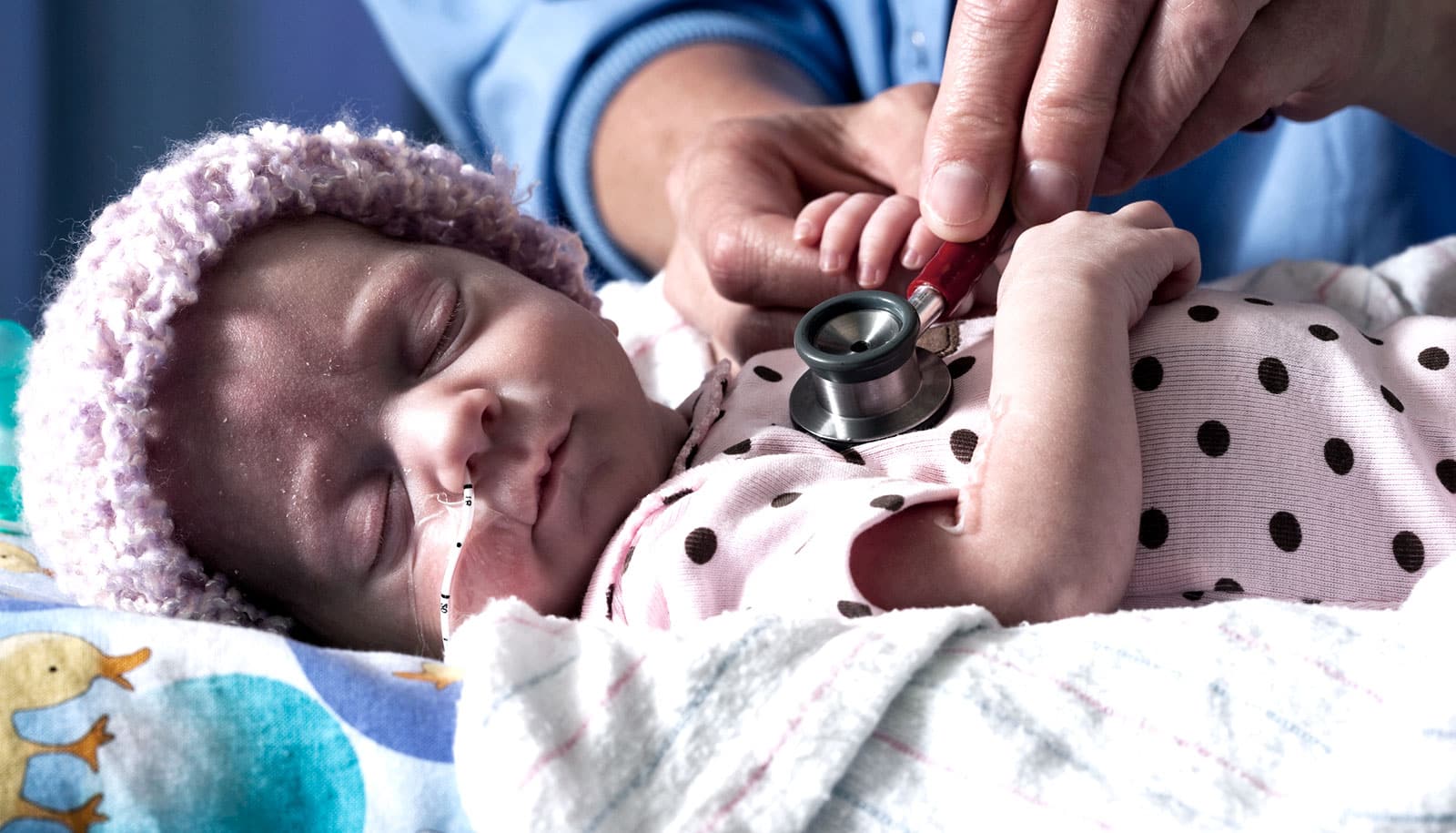Pregnant women with severe COVID-19 face health risks and have higher chance for early delivery, researchers report.
Mild cases of COVID-19 do not appear to affect the health of pregnant women and their fetus, the study finds. Pregnant women with mild cases of coronavirus disease 2019 had similar outcomes compared to those who were uninfected, according to the research.
The findings appear in the American Journal of Obstetrics and Gynecology.
“We know that women are more susceptible to some viral respiratory infections during pregnancy, but needed to understand how the severity of this novel coronavirus might affect maternal and neonatal health,” says lead author Justin Brandt, an assistant professor of obstetrics and gynecology in the maternal-fetal medicine division at Rutgers Robert Wood Johnson Medical School.
“A major advantage of our study was the matched case-control design that allowed comparisons of pregnant women with COVID-19 to uninfected pregnant controls.”
Researchers looked at 183 pregnant women who delivered between 16 and 41 weeks of gestation between March to June 2020, comparing 61 women diagnosed with COVID-19 and 122 uninfected women. Among the positive cases, 54 were mild, six were severe, and one was critical.
They found that Black and Hispanic women, women with obesity, women over 35, and those with medical conditions such as diabetes and high blood pressure had the greatest risk of having severe or critical COVID-19. These women were at risk of delivering early, having preeclampsia, requiring supplemental oxygen or mechanical ventilation, and extended hospital stays.
Neonatal risks, largely driven by premature births, included respiratory distress, bleeding in the brain, bowel inflammation, low Apgar scores, an abnormal fetal heart rate despite interventions to increase oxygen and blood flow to the placenta, and higher admissions to the NICU.
More than 60% of the women with a mild case of COVID-19 had no symptoms, the rest had a cough, fever, and muscle aches.
All the women with severe and critical COVID-19 required supplemental oxygen, and some received other interventions such as hydroxychloroquine in the early stages and steroids toward the end of the study.
Source: Rutgers University



